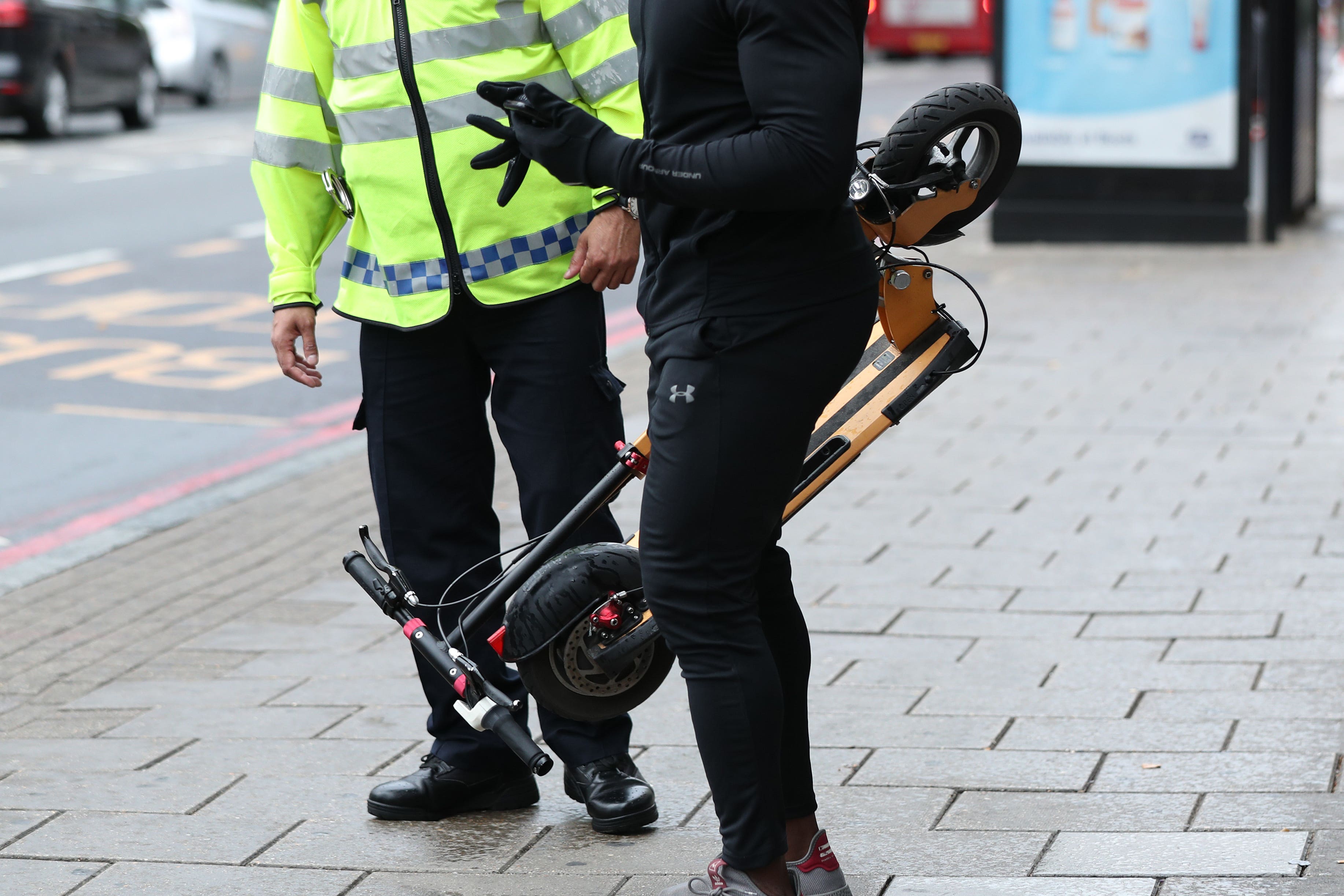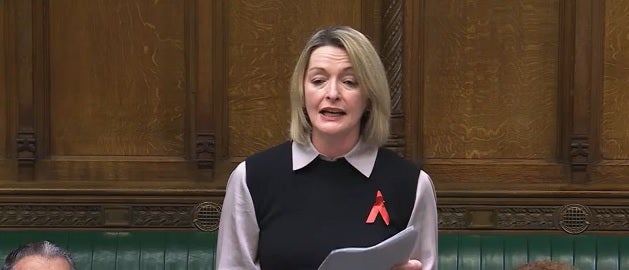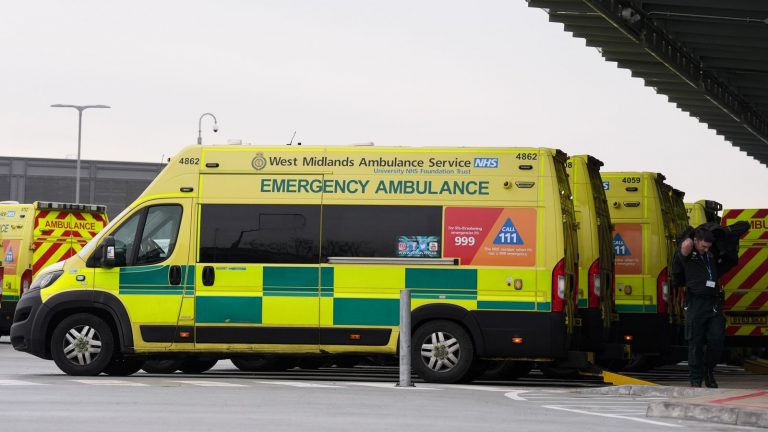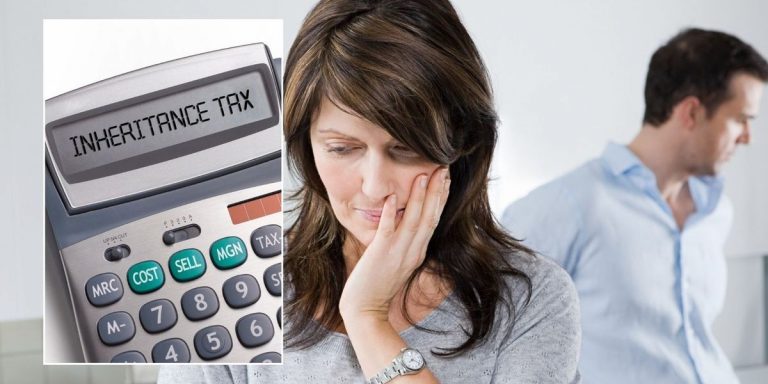Six people were killed in e-scooter crashes last year, and hundreds more were injured, sparking calls for a change in the law.
Families of victims, police chiefs and MPs are calling on the government to urgently update legislation on the use of private e-scooters on public roads as new figures showed dozens of people are hurt in incidents every week.
Last year there were 1,387 injuries involving e-scooters, according to police force figures published by the Department for Transport (DfT). Of the reported casualties last year, six died, while 416 were seriously injured.

Currently, privately owned e-scooters, deemed as motorised vehicles, cannot be legally ridden on roads or pavements. There are government-backed trial schemes for 15.5mph-capped rental scooters in 20 areas across the country – however, the latest figures on ownership show there were more than one million privately owned devices in the UK.
Matthew Barber, Thames Valley police and crime commissioner, said the lack of registration on the devices meant they were attractive for criminal gangs wanting to move around without detection from police.
“I share the concerns of many residents about the dangerous and reckless riding of e-bikes and e-scooters,” said Mr Barber, who highlighted a woman recently suffering serious head injuries when hit by an e-scooter in Milton Keynes. “We need to look at regulation so we can ensure these devices are ridden safely and not at some crazy speed that poses serious risks to the public.”
Newport East MP Jessica Morden said she received complaints of e-scooter masked riders showing “no due care and attention to other drivers and pedestrians”.
“The problem is that because they are unregulated there are no limits on speed, with some for sale online capable of being tampered with and reaching up to 60 mph,” she told the Commons in a debate on the issue earlier this month.

“There is no requirement for them to have lights, sound or any audible alert system; there is no requirement for people to wear helmets; there is no available insurance or requirements around their maintenance; and there are no restrictions on their weight, with some e-scooters reported to weigh up to 70kg.
“These are clearly not toys, and when collisions occur, victims can face serious injuries.” Ms Morden called for a motion to review the current legislation with a move towards regulating the e-scooters.
In 2021, 20-year-old Shakur Pinnock died after suffering multiple injuries including a fractured skull when his e-scooter collided with a car in Wolverhampton. His mother, Celine Fraser-Pinnock, wants greater safety measures brought in on the usage.
She wants wearing a helmet to be made compulsory and for police to clamp down on illegal usage, such as private e-scooters on pavements and roads.

Through her former MP Jane Stevenson, who lost her Wolverhampton North East seat this year, she sent a letter with her recommendations to the Tory government – but pressures on the legislative timetable meant no changes were made before Labour came into power.
Ms Fraser-Pinnock said: “A change of law is needed to improve the safety of e-scooter riders and to avoid more deaths.”
Mohit Singraur, 40, was killed after coming off his e-scooter while on his way to get his 10-year-old son from school in Wollaton, Nottinghamshire. His wife, Nitika, said laws on riding the devices needed to be promoted.

She said: “We don’t want anyone else, any other families, to go through the pain and grief we have gone through so we’re urging people to wear a helmet and to fully understand the safety risks and laws if they are riding on an e-scooter.”
The Parliamentary Advisory Council for Transport Safety described the current legal situation over e-scooters as unsatisfactory.
It claims that data on casualties from e-scooter crashes are under-recorded – but will not commit to calling for legalisation of the devices. Instead, it wants the DfT to raise awareness over legal boundaries for riding an e-scooter, and for action to be taken against retailers who fail to properly inform customers about the rules.
Margaret Winchcome, from the group, told The Independent: “Legislation should not be rushed before sufficient evidence is available to support decisions on regulations.”

Last month, former transport secretary Louise Haigh indicated that the government intended to regulate e-scooters through legislation. She told a Commons transport select committee: “It’s clearly required. It’s not good enough that it’s been left in this situation for too long.”
But since her resignation this month, it appears unclear on new secretary Heidi Alexander’s position.
In Avon and Somerset, where there were more than 100 injuries recorded last year, force traffic management supervisor Heather Lindsey said policing the issue was stretching resources in time and money.
“We’re having to strike that balance between pursuing someone on an e-scooter and that person’s safety, others and what other priorities we have going on,” she told The Independent.
“We need some form of legislation which can make it easier for us to police and everyone to understand.”
A DfT spokesperson said: “We are assessing the existing trials of rental e-scooters to inform options on how e-scooters can be used responsibly and safely on our roads in future.
“In the meantime, private e-scooters remain illegal to use on public roads and those who are found riding them illegally can face fines and criminal prosecution.”
























+ There are no comments
Add yours